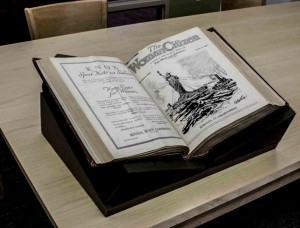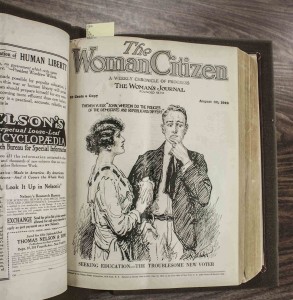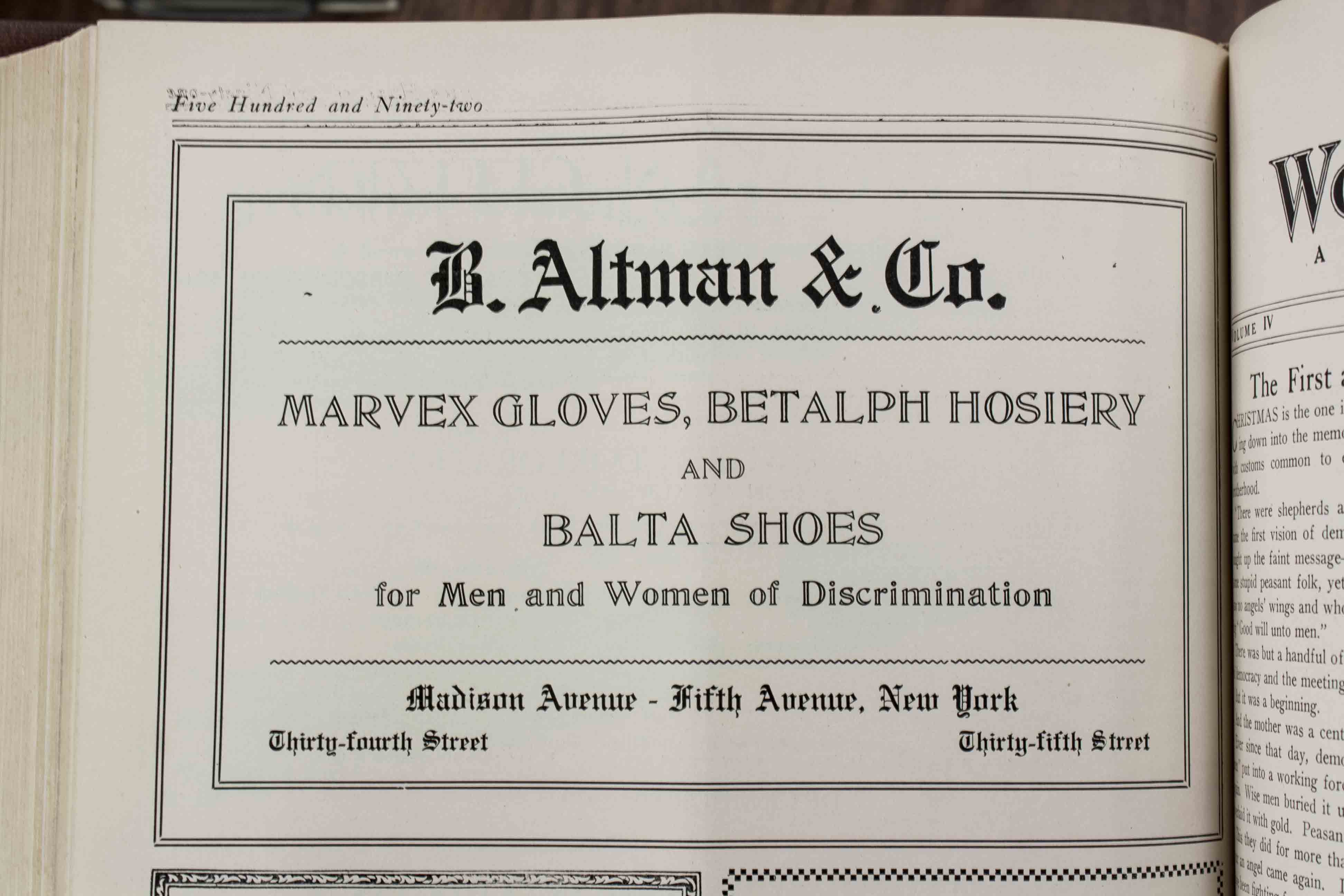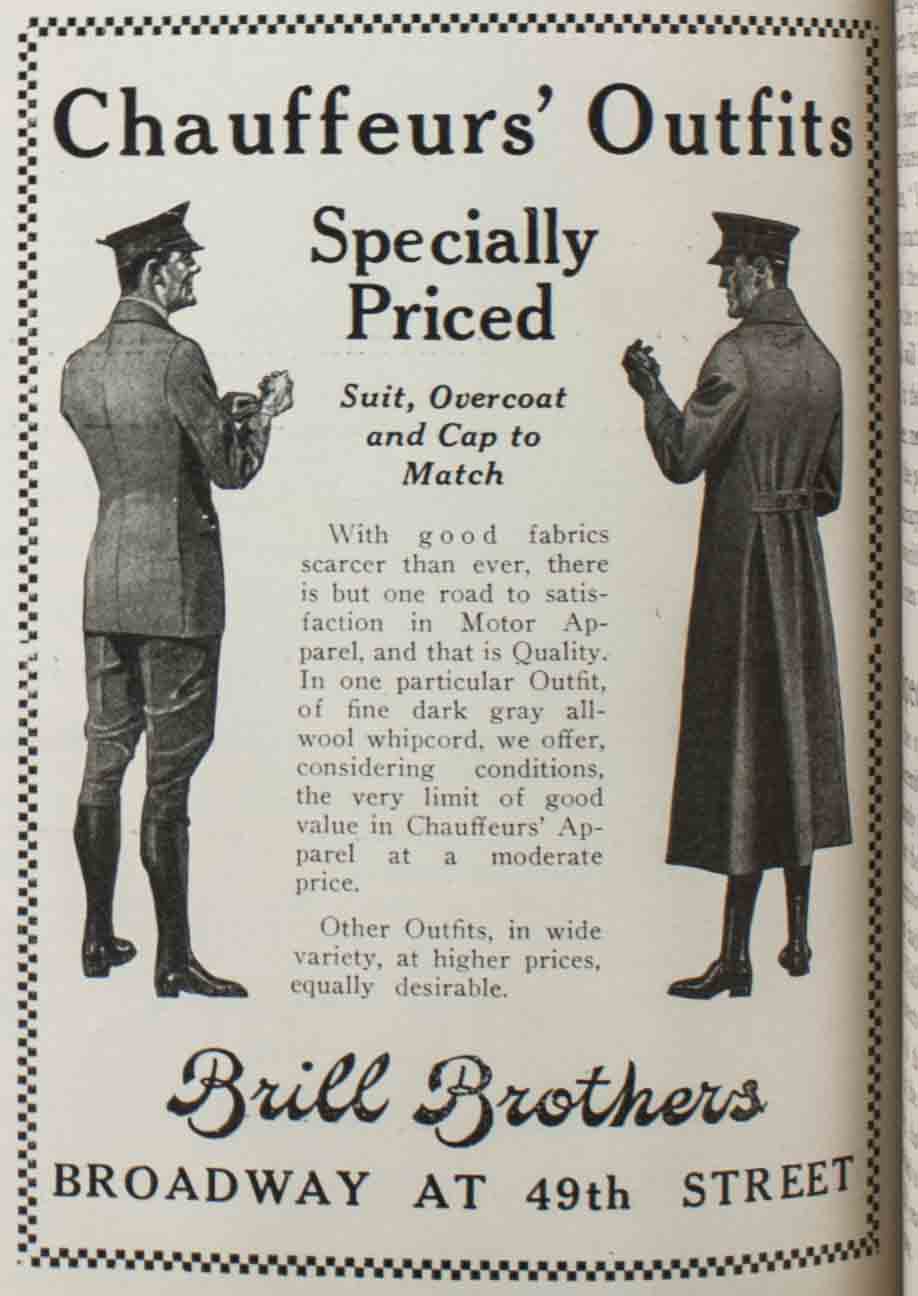 Ada: A Journal of Gender, New Media, and Technology, Issue 4, Queer, feminist digital media praxis
Ada: A Journal of Gender, New Media, and Technology, Issue 4, Queer, feminist digital media praxis
Editors: Aristea Fotopoulou (University of Sussex), Alex Juhasz (Pitzer College), Kate O’Riordan (University of Sussex/ University of California, Santa Cruz)
We invite contributions to a peer-reviewed special issue that brings together artistic, theoretical, critical and empirical responses to a range of questions around mediation, technology and gender equality. In particular we are interested in exploring what the concept of praxis could offer in our thinking about the intersections of gender, digital media, and technology.
Praxis in both Marxist and in Arendtian political thought brings together theory, philosophy and political action into the realm of the everyday. Inspired from this premise, and continuing the conversations that started during the workshop Queer, feminist social media praxis at the University of Sussex in May 2013 (queerfemdigiact.wordpress.com), we focus here on the conditions for a feminist digital media praxis. Media praxis, in other words the ?making and theorising of media towards stated projects of world and self-changing? (mediapraxis.org), could be a vital component of feminist and/or queer political action. We are interested in the different modes of political action for social justice, enabled by digital technologies and social media, including theory, art, activism or pedagogy. What kinds of possibilities or impossibilities do these technologies and platforms offer for interpreting and intervening in the world?
The fourth issue of Ada: A Journal of Gender, New Media and Technology seeks submissions that explore the concept of feminist, queer, digital media praxis. We welcome unpublished work from scholars of any discipline and background, including collaborative, non-traditional, or multimodal approaches that can especially benefit from the journal’s open access online status.
Topics and approaches might include, but are not limited to:
– Affect, desire and disgust
– Diffractive readings
– Digital storytelling
– Herstories, archiving and remembering
– Feminist pedagogy
– LGBTQ Youth
– New media bodies
– Imaginaries, futures and technological utopias
– Radical art practices
– Science, technology and social justice
We invite submissions for individual papers on any of the above themes or related themes. Contributions in formats other than the traditional essay are encouraged; please contact the editor to discuss specifications and/or multimodal contributions.
All submissions should be sent by 15th August, to A.Fotopoulou@sussec.ac.uk. They should be accompanied by the following information in the email message with your submission attachment:
– Name(s), affiliation(s), email address(es) of the person(s) submitting.
– Title of the text
– Abstract of 400-600 words
Please note that Ada uses a two-level review process that is open to members of the Fembot Collective. For more information about our review policy, see these guidelines: http://adanewmedia.org/beta-reader-and-review-policy/.
Important dates:
– Deadline for abstracts: 15th August 2013
– Notification of accepted papers: 1st September 2013
– Deadline for full essays: 5th December 2013
– Expected publication date: May 2014
About Ada:
Ada is an online, open access, open source, peer-reviewed journal run on a nonprofit basis by feminist media scholars from Canada, the UK, and the US. The journal?s first issue was published online in November 2012 and has so far received more than 75,000 page views. Ada operates a review process that combines the feminist mentorship of fan communities with the rigor of peer review. Read more at http://adanewmedia.org/beta-reader-and-review-policy/. We do not ? and will never ? charge fees for publishing your materials, and we will share those materials using a Creative Commons License.
Information about the editors:
Aristea Fotopoulou is postdoctoral Research Fellow at the University of Sussex, working at the intersections of media & cultural studies with science & technologies studies. She is interested in critical aspects of digital culture, emerging technologies and social change, and in feminist/queer theory. She has written about digital networks and feminism, and recently, on information politics and knowledge production, and on social imaginaries of digital engagement. She currently explores practices of sharing in relation to biosensors and other smart technologies, and also works with Kate to produce SusNet, a co-created platform of feminist cultural production, art and activism.
>
> Alexandra Juhasz is Professor of Media Studies, Pitzer College. She has written multiple articles on feminist, fake, and AIDS documentary. Her current work is on and about YouTube, and other more radical uses of digital media. She has produced the feature films, The Owls, and The Watermelon Woman, as well as nearly fifteen educational documentaries on feminist issues like teenage sexuality, AIDS, and sex education. Her first book, AIDS TV: Identity, Community and Alternative Video (Duke University Press, 1996) is about the contributions of low-end video production to political organizing and individual and community growth.
Kate O?Riordan is Reader in Digital Media and Associate Professor of Art at the University of Sussex and the University of California Santa Cruz respectively. She is the author and editor of three books, most recently The Genome Incorporated: Constructing Biodigital Identity. Her interests and expertise range from gender, sexuality and digital culture to human cloning, genomics and other biodigital symptoms. She is currently engaged in work at the intersections of art, science and media about in-vitro meat, biosensors and smart grids and questions about sustaining knowledge in feminist art and activism.
 Announcement and call for papers: Congress of the International
Announcement and call for papers: Congress of the International






